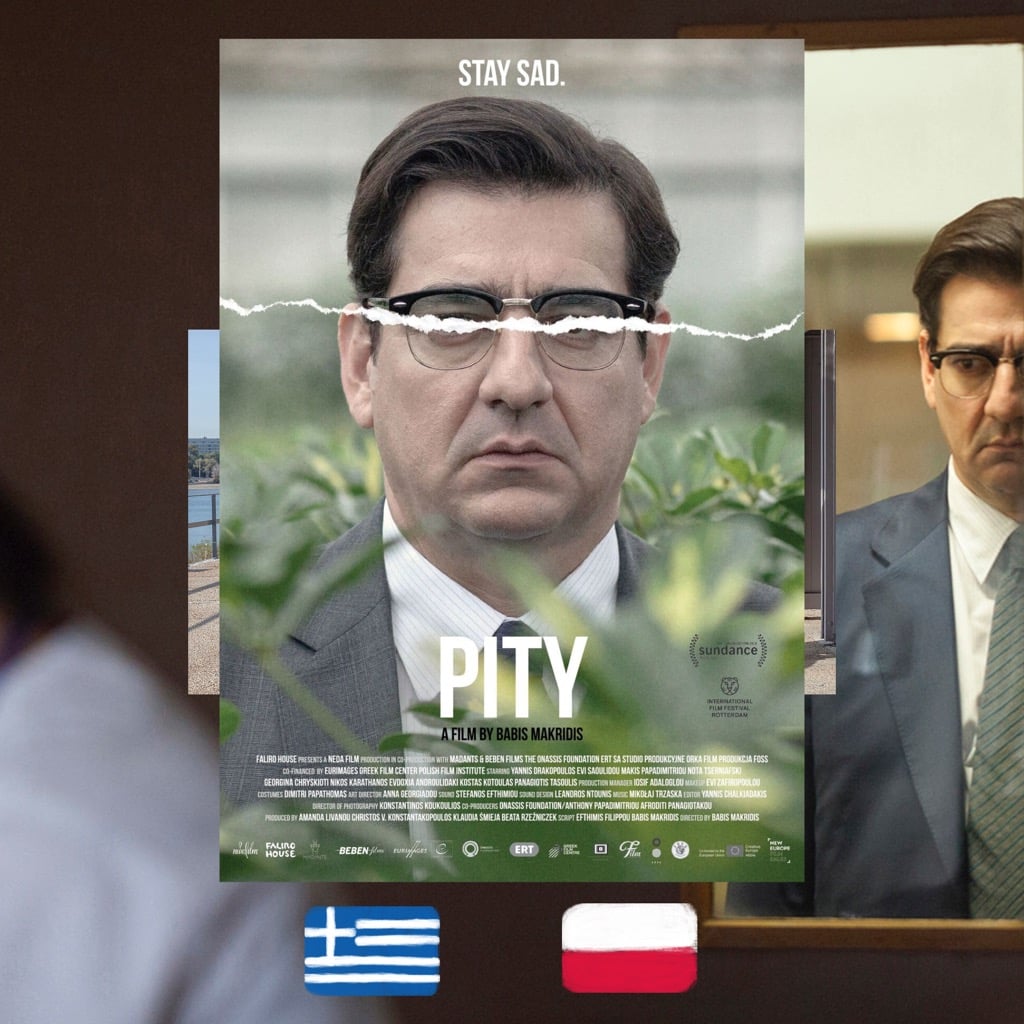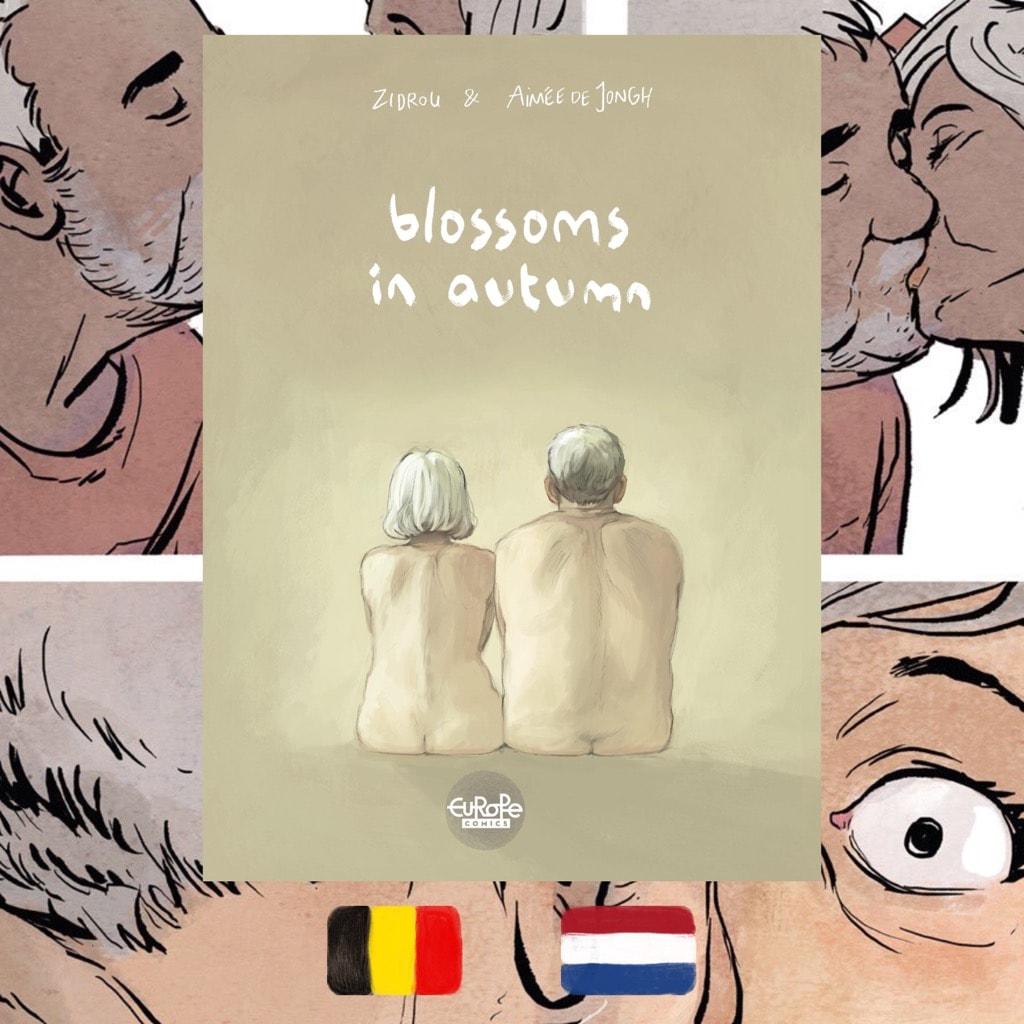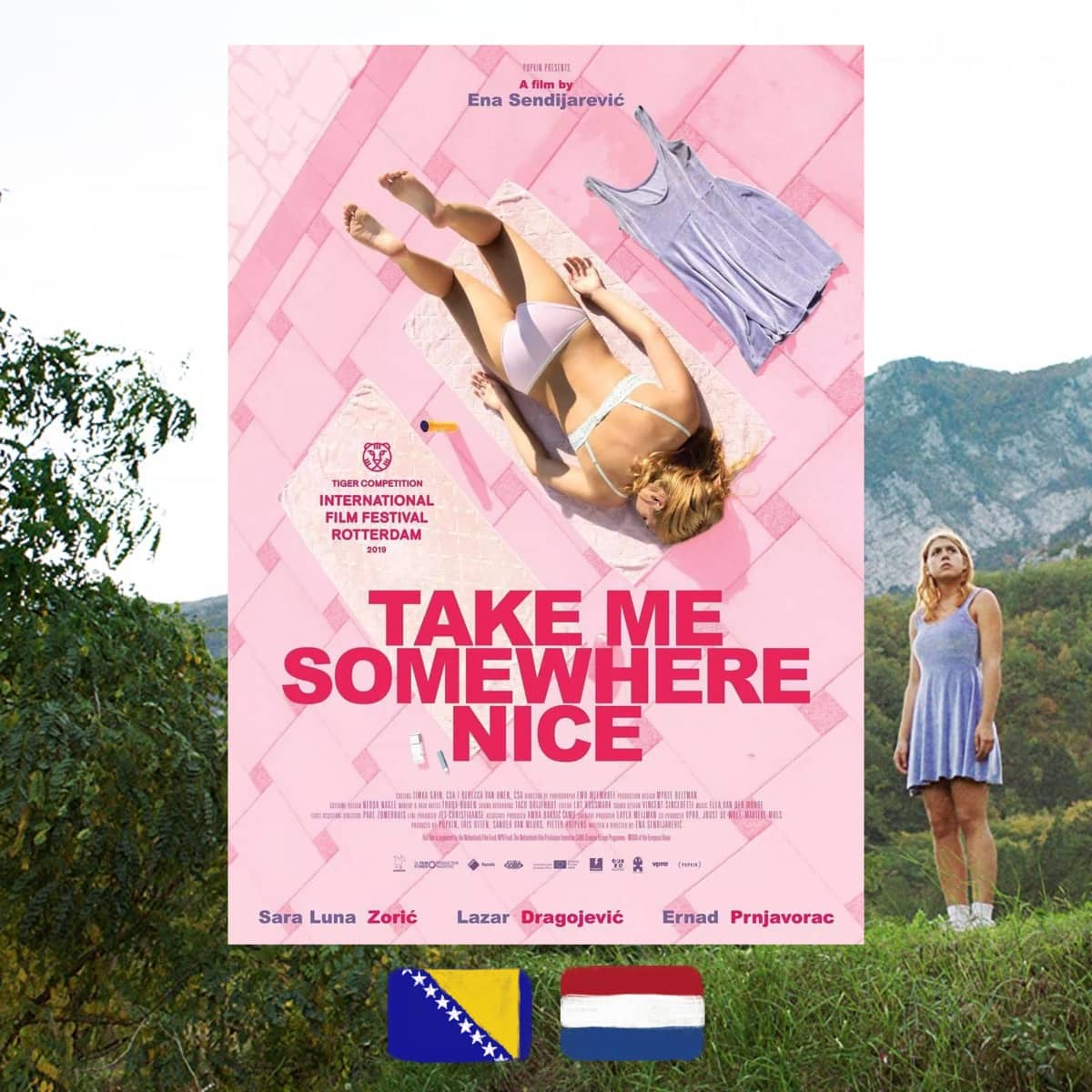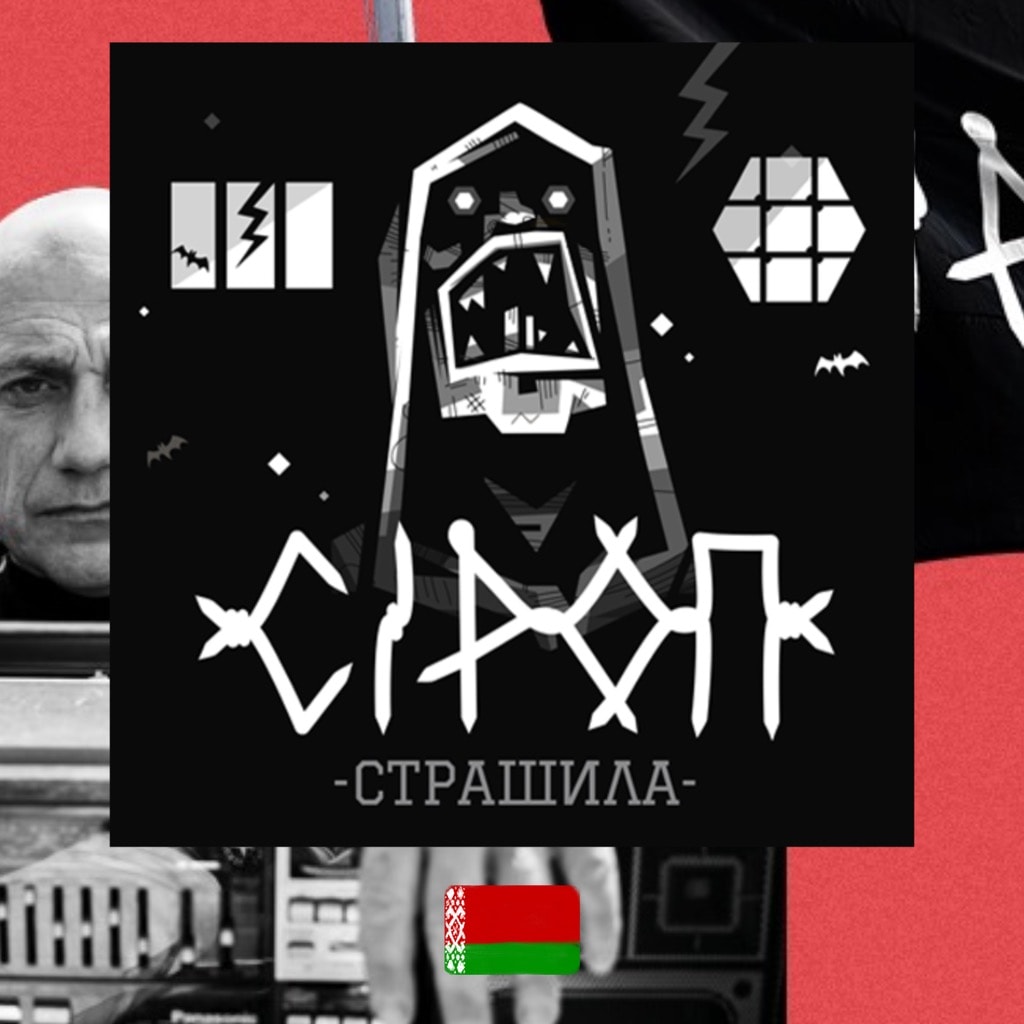An intimate portrait of two girls in a Georgian village who come of age and learn about the beauty of cinema, while their fathers are in Syria fighting for mujahideen groups


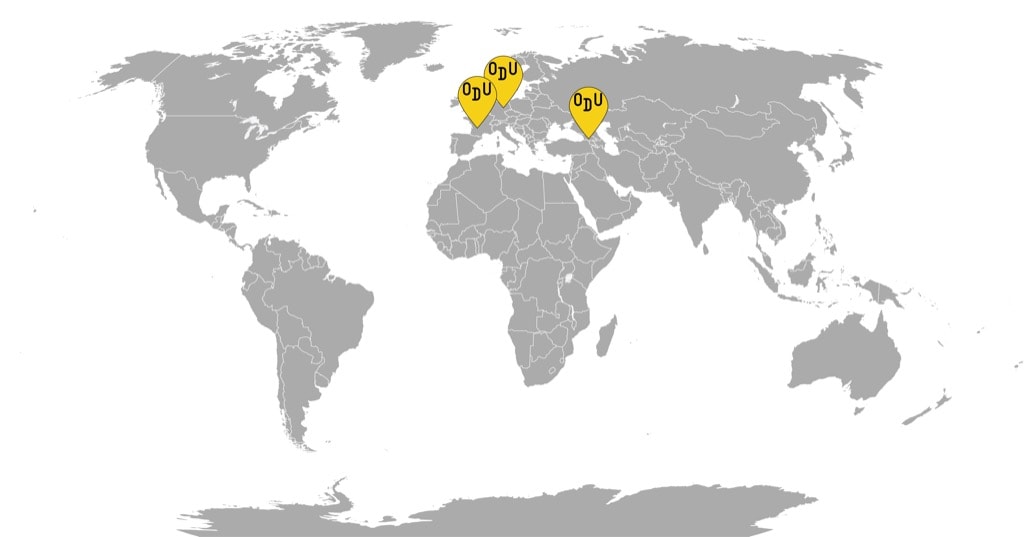
WHAT IT’S ABOUT: Two girls, Iman and Eva, are students in a village school in the Pankisi Gorge in Georgia, both from Muslim families. When film-director Mari Gulbiani arrives at their school to conduct cinema classes, the pair are taken by the magic of the screen and start making their own little movies. Eva and Iman’s fathers, like a growing part of men in the village, are away, fighting on the side of the mujahideen in Syria. Still, their presence and authority always loom over the girls as they reach maturity. As the documentary’s narrative intersperses with footage made by the girls, Iman and Eva both long for their fathers and dread the things their return will bring.
WHO MADE IT: Mari Gulbiani worked for Georgian TV and then studied in Georgia and France until finally emerging as a documentary filmmaker. She has made a bunch of films, but “Before Father Gets Back,” which Gulbiani made while teaching cinema to children in the Pankisi Valley, is her first to receive wide circulation abroad. She collaborated with an international team fo cinematographers, producers, and a sound designer for the film. All the people featured in “Before Father Gets Back” are real inhabitants of Pankisi, a region with a large concentration of Kists, a Nakh ethnicity close to Chechens. Pankisi valley has been in the news quite often since the early 00s. First, when the Georgian military targeted it as an Al-Qaeda base. More recently, because of the bloody protests against the construction of a power station by the local population and for the killing of a teenager in a counterterror sweep by the special forces. Meanwhile, the events of the film coincide with the final and confirmed killing of Abu Omar al-Shishani, an ISIS commander, who hailed from Pankisi, and the ripples it had on the local population.
WHY DO WE CARE: Pankisi is a fascinating place: currently part of Georgia, it has Muslim, Christian Orthodox, Georgian, and Kist cultures intermingle, all against the backdrop of increasing radicalization and various groups, from ISIS to the Western governments, profiting of off the locals. The electricity comes and goes, even in winter, the comforts and possibilities are few. The elderly citizens of the village lament the young leaving to join ISIS; meanwhile, the families of radicalized fighters seem to view it as seizing economic opportunities. How different is that path really to becoming soldiers in national armies or non-Muslim mercenary forces? How different is it from the path migrant workers take? They, too, often have to shed all aspects of humanity to be able to provide for the families back home— only not by battling others, but to battling their own bodies and souls while engaged in slave labor. Gulbiani shows the effects that their fathers’ radicalization has on the girls, from the constant fear of losing them to certain economic advantages. It becomes evident that, in essence, it’s just the consequences of yet another system looking to sacrifice humans and bleed them dry by the austerity of living or spirit. And the problem with systems is that children, even those loved by their close ones, tend to fall through the systems’ cracks. It’s hard to know what will happen to Iman and Eva in the future, whether they’ll be able to reprise their roles as actors or filmmakers, whether they’ll find a place for themselves that will keep them content. But the ability to see them blossom albeit for a short period is a gift, one that Mari Gulbiani so generously shared with her viewers.
WHY YOU NEED TO WATCH: Dialogues about the need for art in education are omnipresent worldwide, and “Before Father Gets Back” makes a profound case in defense of art programs. For Eva and Iman, the cinema studies are an added dimension to the way they view life. It’s already different when they’re at home, under the orders of fathers to wear headscarves and abstain from trousers, and when they’re socializing, giving in to the youthful shenanigans, which could be deemed frivolous from a Wahhabi point of view. This duality of existence is familiar to every child who had ever had to live outside of their home culture and made to conform to something previously unexplored. When the time comes for the kids to make their own movie, an homage to Charlie Chaplin is produced, with Iman playing the destitute ingenue, and Eva the Tramp, a bowler hat placed over her headscarf. That unexpected metamorphosis that puts the girl in gender, temporal and cultural drag, is one of the most powerful moments in the film, as it shows how malleable personality is, and how hard it is to separate human behavior into artificial and organic. Through an interesting circle exchange of gazes between herself, the girls, and conventions of cinema, Gulbiani crafted an exquisite and tender portrait of adolescent femininity, with its universal simplicity and all the cultural peculiarities intact due to a respectful approach. “Before Father Gets Back” is a film of sheer power that captures two remarkable humans on the cusp of their maturity and leaves the viewer with a bittersweet longing for a place where talent could be reared without considerations of economic or ideological nature.
Before Father Gets Back (Sanam Mama Dabrundeba), 2019
Director: Mari Gulbiani
For more content like this sign up for our weekly newsletter
WATCH THE TRAILER


